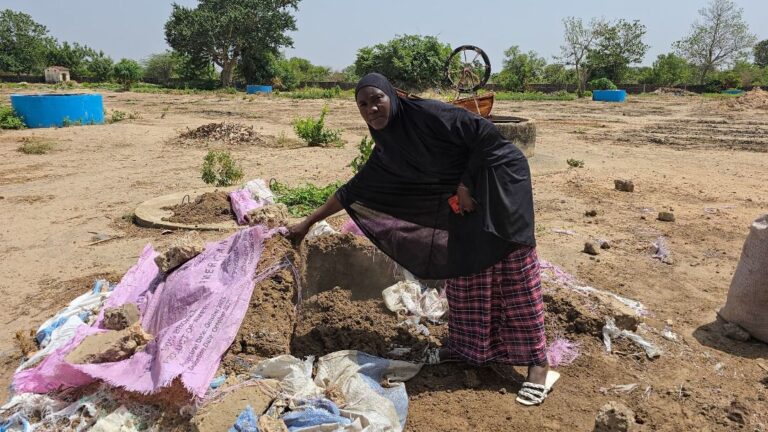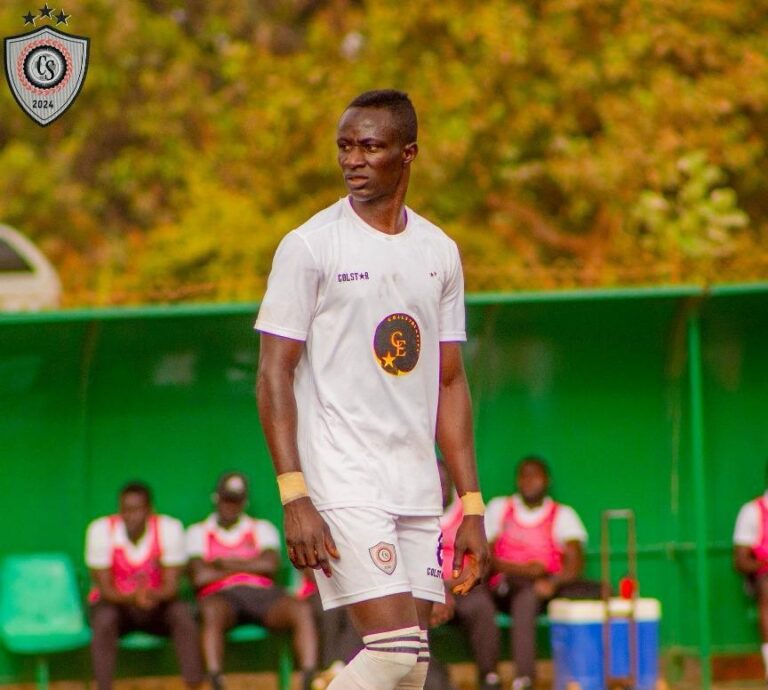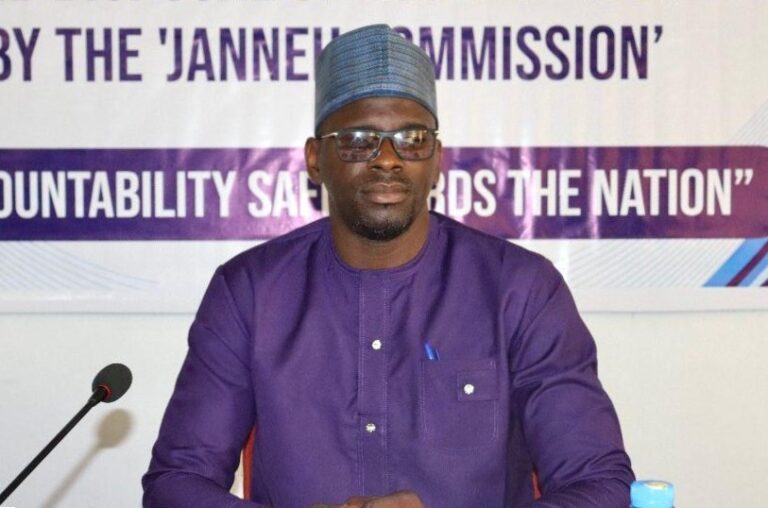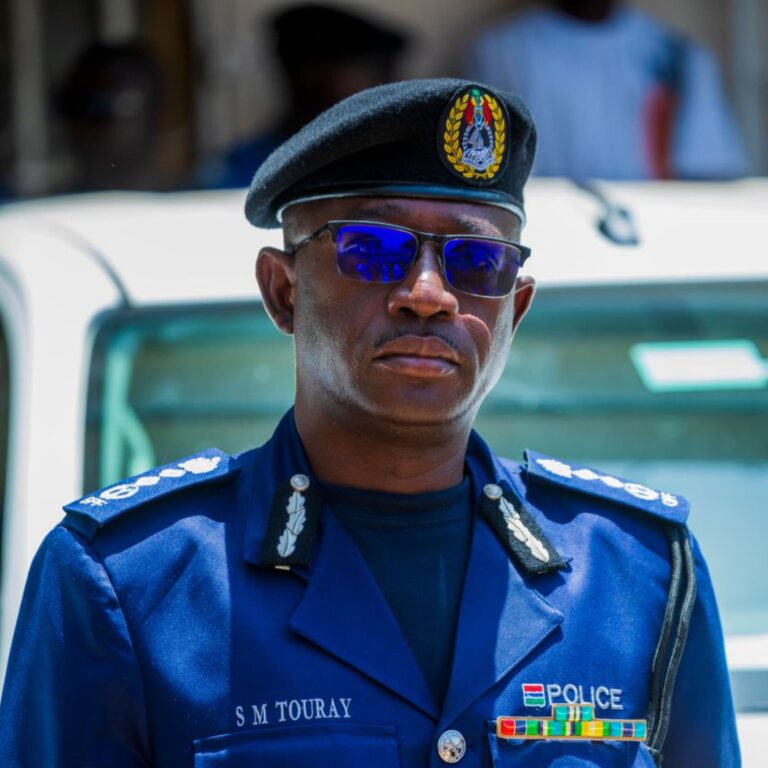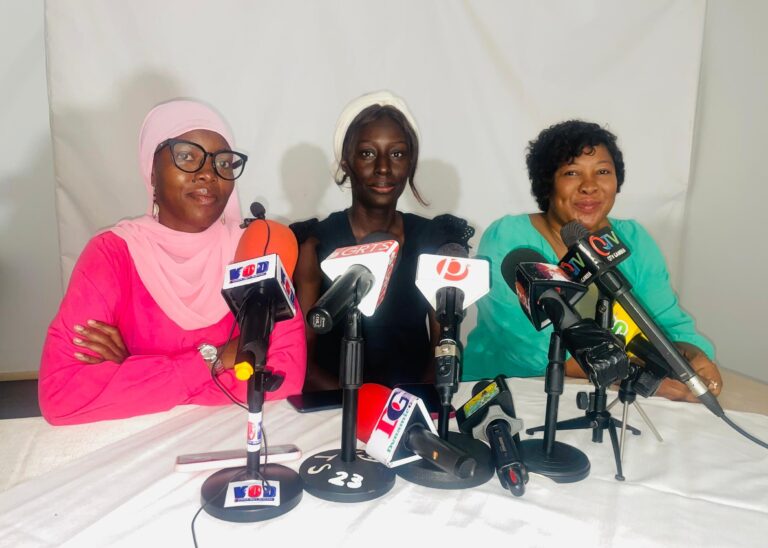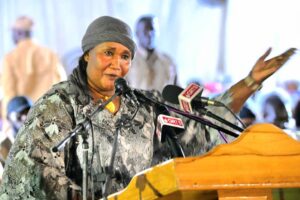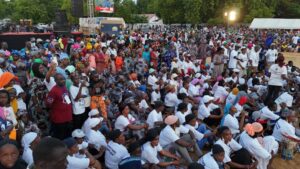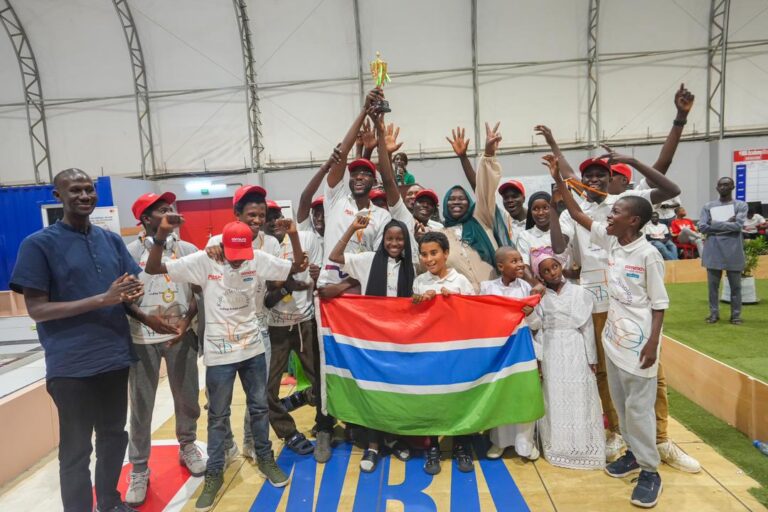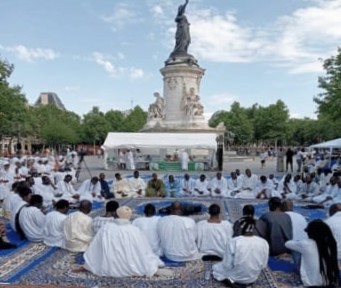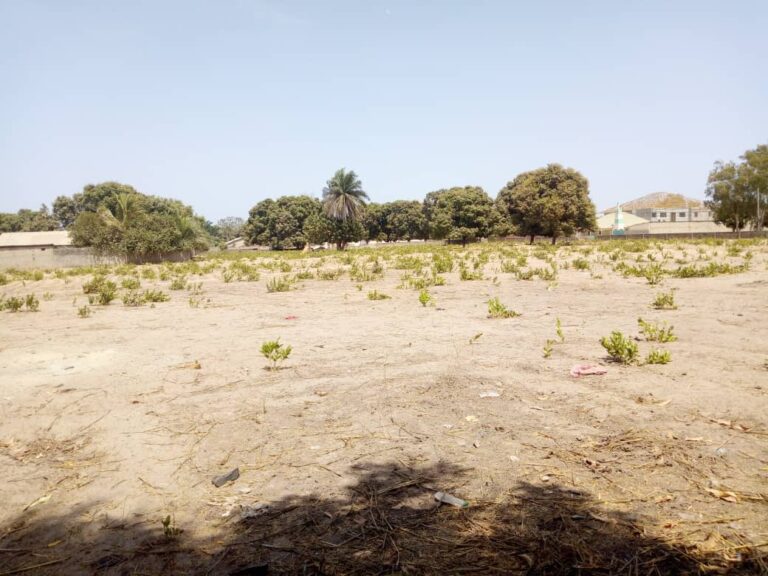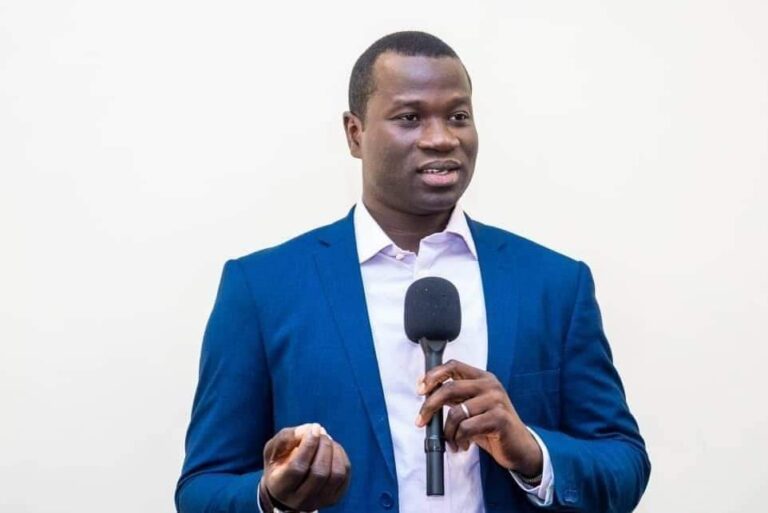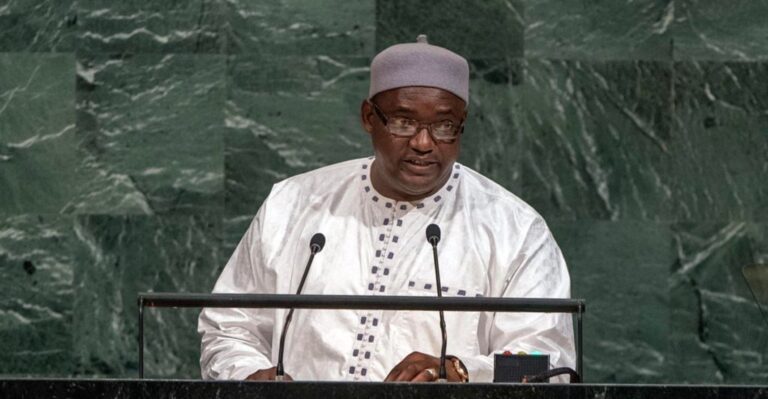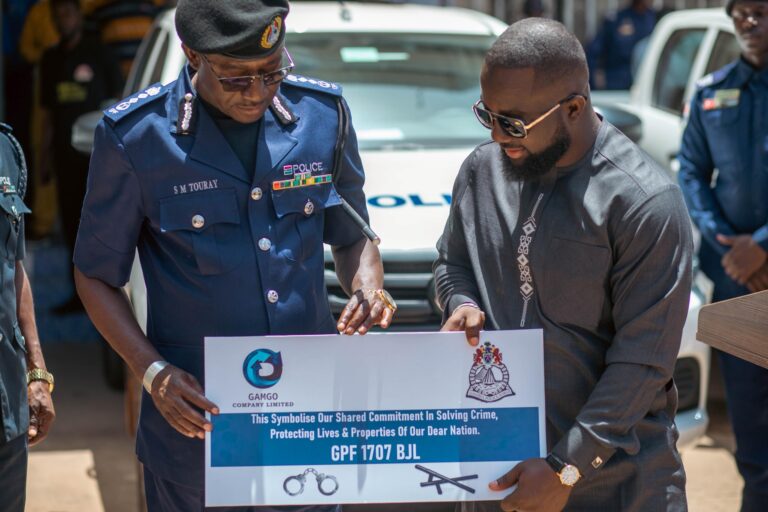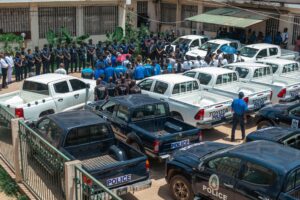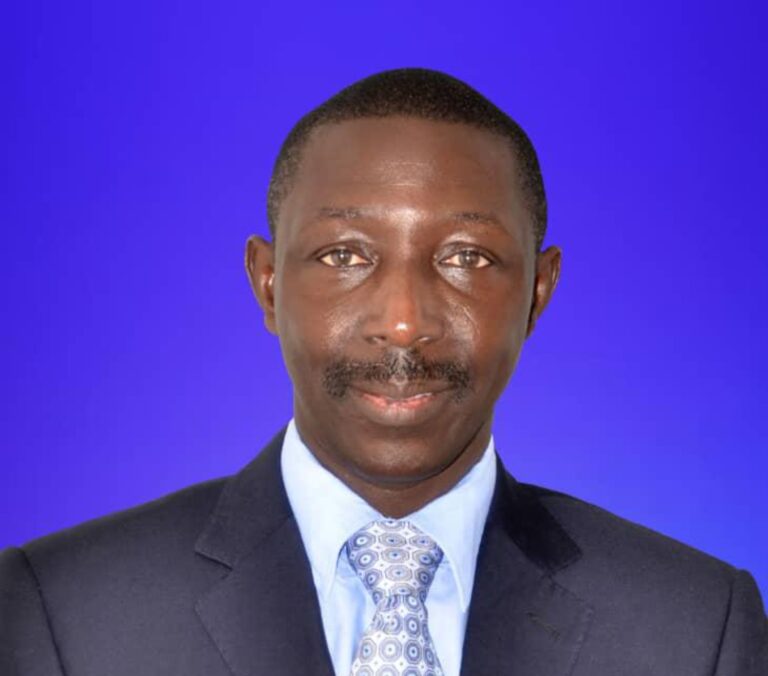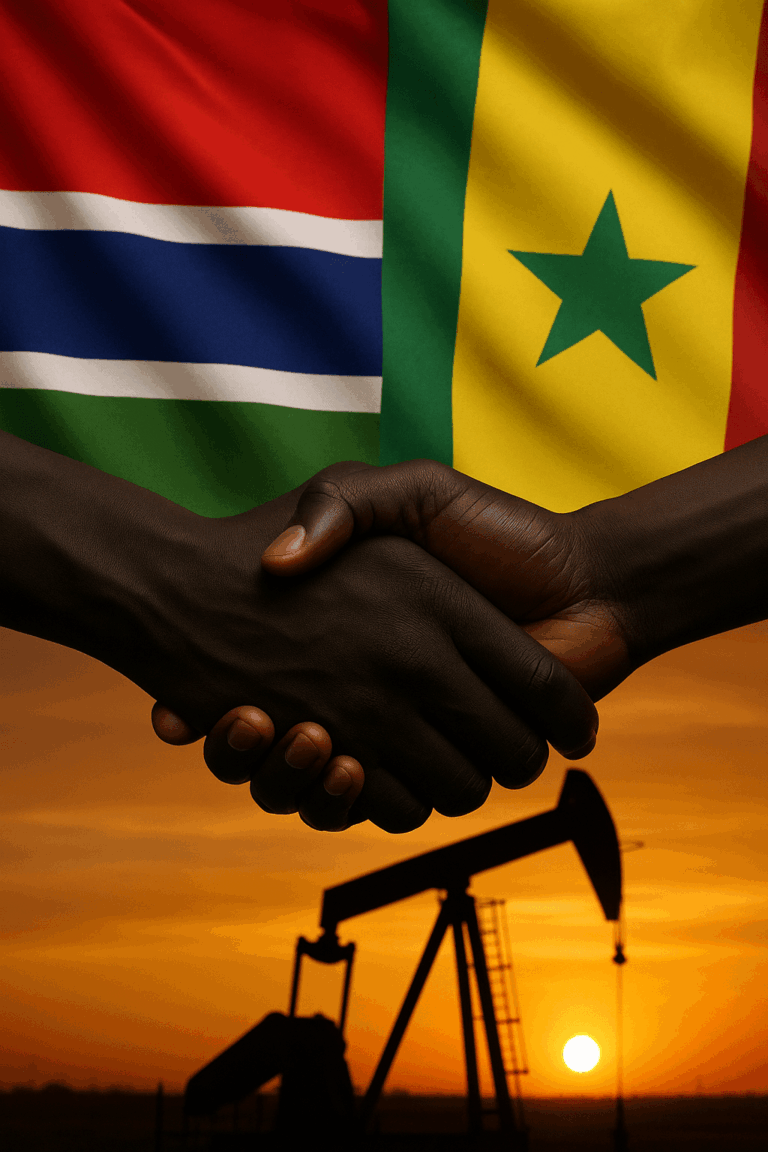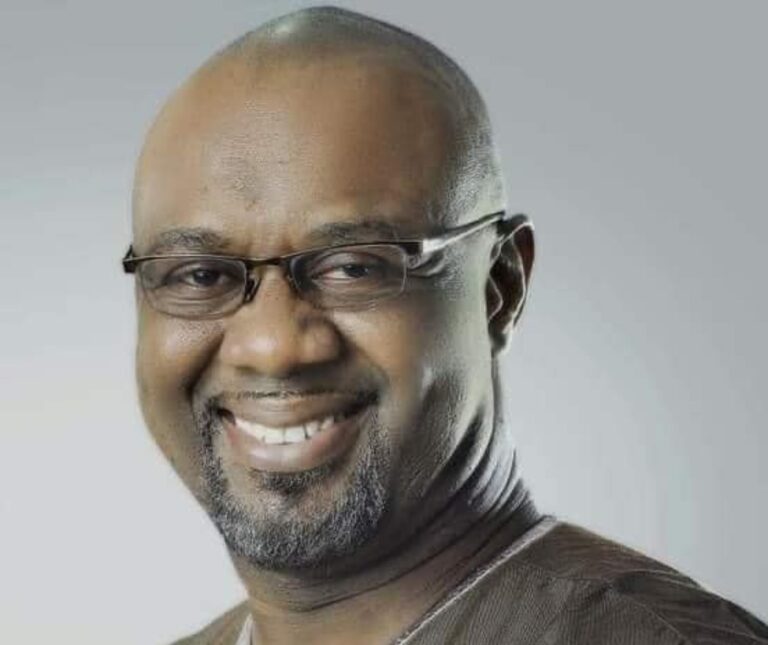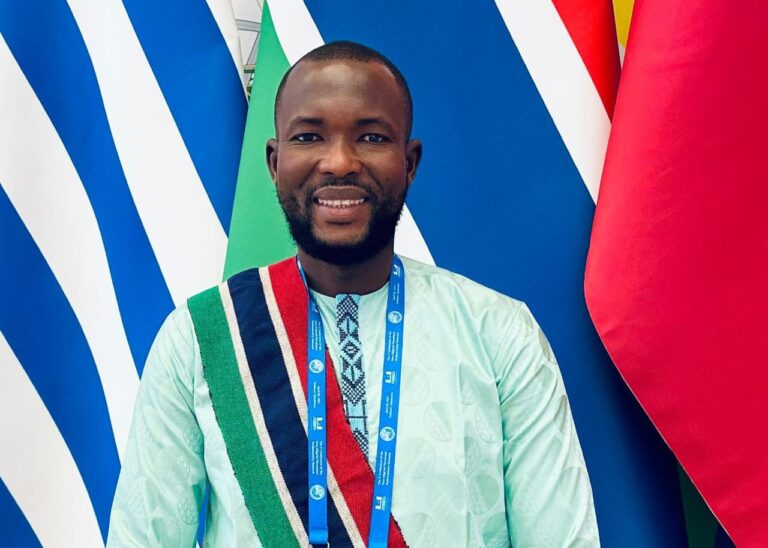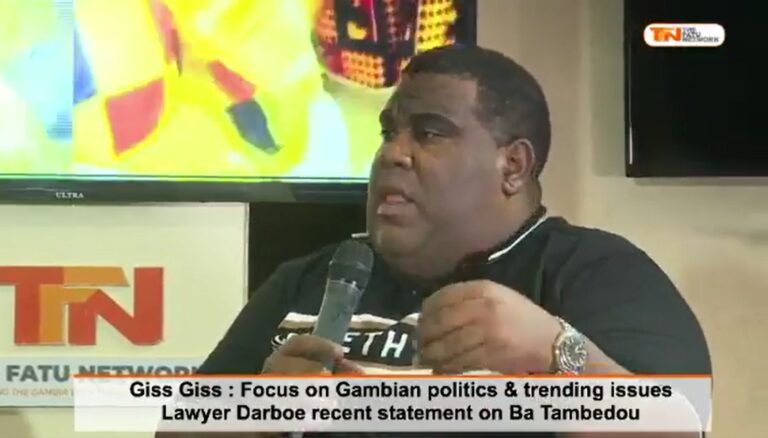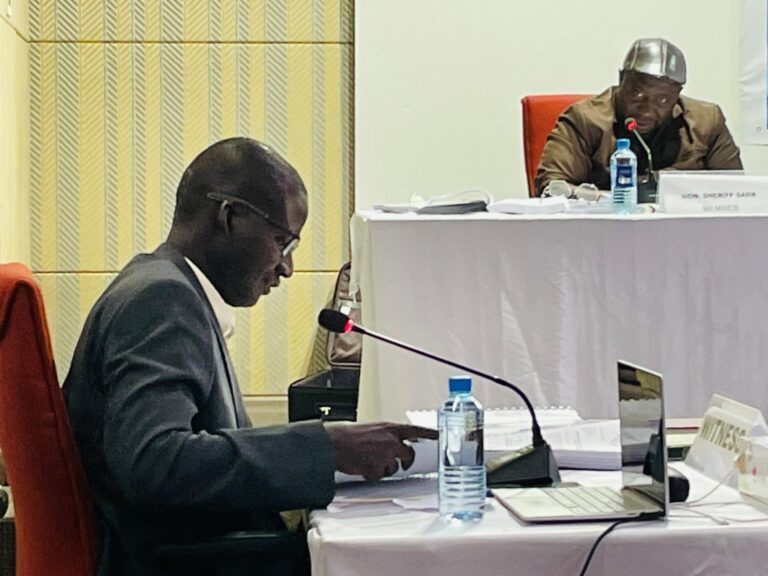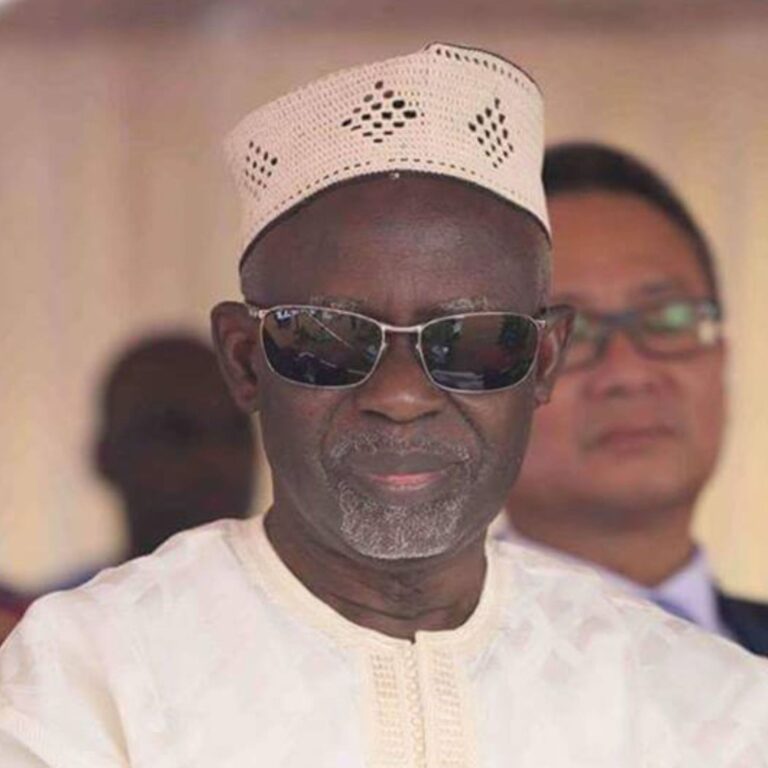Written by: Seringe S.T. Touray
Editor-in-Chief, The Fatu Network
Editor’s Note: Mr. Batchilly was contacted for comment on the allegations detailed in this article. He denied all wrongdoing, stating that he merely assisted individuals in travelling legally to Nicaragua for tourism. He also claimed that he owes no one money and was never arrested in 2023. However, this denial contradicts official confirmation from the Gambia Police Force, which states Batchilly was indeed arrested in connection with a travel-related complaint that year.
Musa Ousainou Yali Batchilly, Secretary General and leader of the Gambia Action Party (GAP), has built his public profile on strong anti-corruption rhetoric. He frequently positions himself as a watchdog of the people, calling out government misconduct and championing the interests of ordinary Gambians. But a growing number of young men now accuse him of something deeply contradictory. According to them, Batchilly used that very image to convince them to trust him, then failed them when it mattered most.
This public image includes vocal criticism of irregular migration, with Batchilly urging Gambian youth to stay and contribute to national development. Yet the allegations he now faces paint a different picture, one in which he is accused of enabling the very phenomenon he condemns.
According to public statements by the Gambia Police Force at the time, Musa Yali Batchilly was arrested on November 2nd, 2023, following a complaint that he and another individual had collected 7,600 US dollars under false pretence. He was detained at the Brusubi Police Station and released on bail the following day. Police confirmed that a refund was issued, although there was no indication that formal charges were filed.
Despite this, Mr. Batchilly continues to deny that he was ever arrested. His denial remains on record, even though the police openly say otherwise.
The Fatu Network has reviewed receipts, voice notes, WhatsApp messages, and ticket itineraries provided by alleged victims. Their stories paint a consistent picture. Young men, desperate for opportunity, say they placed their trust in Batchilly and paid him and his agents millions of dalasis for a promised route to Nicaragua, a country that was visa-on-arrival for Gambians in 2023.
One such alleged victim is a 24-year-old man from the Greater Banjul Area, who asked not to be named due to fear of reprisal. He recounts paying Batchilly 315,000 dalasis for the full travel package. But later, he alleges, Batchilly presented only a partial itinerary, which did not mention Nicaragua. According to this Complainant, Batchilly used this as leverage, withholding the itinerary and demanding an additional 700 US dollars or risk losing everything already paid. Batchilly, he said, claimed that the flights lacked continuity and that the added amount would allow him to secure the remaining ticket to Nicaragua.
He notes that the itinerary was in the possession of Batchilly until the extra money was paid. After that, he was asked to pay another 500 dollars, allegedly for “immigration clearance.” No official receipts or documentation were provided by Batchilly for these charges, according to him. “All of this was without any proper breakdown or evidence,” he said. “But I had already paid so much. I didn’t want to be left behind.”
On July 24th, 2023, a group of eleven young men boarded a Turkish Airlines flight from Banjul to Istanbul. The itinerary they received included legs to São Paulo and El Salvador. But according to the alleged victims, flight boarding and immigration authorities in Turkey informed them the remainder of the journey was not valid. The tickets, they claim, were only legitimate up to Istanbul. “We were just left there,” the first Complainant told The Fatu Network. “Eleven of us, sleeping in corners at Istanbul Airport, no food, no money, no water.”
They say they stayed there for 21 days. For three of those days, they were detained in an immigration facility. According to the group, food was only provided on two occasions. To survive, they pooled their remaining money, buying and sharing food so it would last.
Another member of the group, who also requested anonymity for safety concerns, said he paid over 600,000 dalasis to Batchilly. A self-described fana fana vendor from near Bansang, he said the experience continues to traumatise him. “I get overwhelmed just talking about it,” he said. “We went through so much. It’s like we were abandoned in a foreign land.”
After their return to The Gambia, the group hoped for a resolution. Batchilly, they say, promised to arrange a charter flight from Banjul to Nicaragua at no extra cost. This was meant to be the completion of the original deal. Batchilly shared photos of a plane at Banjul International Airport as evidence, allegedly to buy time and placate growing frustration. The Fatu Network has reviewed text and voice message exchanges that confirm Batchilly made assurances to the group about a chartered flight.
A meeting was reportedly held at African Princess Hotel to promote the charter. The first Complainant says Batchilly, along with his business partner Basamba Muhammad Drammeh, was present. The Fatu Network has also reviewed video evidence confirming this meeting. “We were told everything was back on track,” he said. “But nothing happened. It was just another delay.”
Eventually, the group began designing protest materials. “We printed 3,000 flyers,” the first Complainant revealed. “They said Batchilly is a human trafficker. We were ready to plaster them all over town.”
In a WhatsApp message seen by The Fatu Network, the first Complainant wrote to Batchilly: “We suffered and were traumatised in a place where you couldn’t even provide us with food for several weeks. If you can’t refund us, we will print flyers and take this matter to the public.”
To date, none of the eleven alleged victims say they have received any refund.
Batchilly was a co-owner of Red Carpet Solutions, a travel consultancy company run with Basamba Muhammad Drammeh. In an interview with Kerr Fatou in October 2023, Drammeh admitted the company had been arranging visas for Nicaragua and considered chartering a flight due to increasing demand. “We have about 235 names on the manifest,” Drammeh said. “We wanted to fly up to 500 people. The first batch would go, then the second.”
He added that a flight was scheduled for October 30th, 2023, and that if it didn’t happen, refunds would be issued. But logistical failures, including the denial of a landing permit in The Gambia, reportedly halted the plan. There is no public evidence that the flight ever took place or that refunds were provided.
According to the first Complainant, tensions grew between Drammeh and Batchilly as complaints mounted. “Batchilly sent him to Nigeria to handle arrangements,” he claimed, “but when the plan failed, Drammeh said Batchilly left him stranded. People were even threatening him.” He added, “Drammeh told us that Batchilly used his name and company to collect money. But at the end of the day, they’re all in this together.” These claims remain allegations. The Fatu Network has not independently verified the fallout in Nigeria.
Several of the alleged victims told The Fatu Network that they trusted Batchilly because of his political standing. As the leader of GAP, they believed he had the connections and authority to deliver on such an ambitious plan.
That trust has since come under scrutiny. If a politician uses his party role to create credibility, and then uses that credibility to take money from vulnerable citizens, the implications go beyond one failed migration scheme. They point to the erosion of public trust and the exploitation of political image for personal enrichment.
The Fatu Network contacted Satguru Travel, the company listed as the booking agent on some of the tickets used by the 11 travellers whose onward journeys were allegedly flagged as invalid at Istanbul Airport. A representative declined to provide details, citing customer privacy concerns.
We also reached out to the Gambia Police Force. PRO ASP Modou Musa Sisawo confirmed, “We are aware of a related case reported to Senegambia Police.” In a follow-up, he added, “Anticrime Unit confirmed the case and that Batchilly returned some of the money, but not sure if all. And also, not sure if he was actually charged.” Sisawo was referring to the Senegambia Police case, which is not related to the eleven individuals featured in this article.
The complainants say they reported their complaint to the Anticrime Unit after returning to The Gambia. They claim the matter reached a closed-door meeting involving Anticrime officials and Batchilly, after which the case abruptly stalled. PRO Sisawo did not confirm any active investigation into their complaint.
To date, no official statement has been issued by the police regarding the eleven individuals interviewed by The Fatu Network. The victims maintain that they have received no money back, and no updates from law enforcement.
For some, this case reflects the kind of experience that contributes to public frustration with the justice system. Had the allegations been levelled against an ordinary citizen, unaffiliated and lacking influence, the complaint may have been investigated thoroughly. But because the accused is Musa Yali Batchilly, a prominent political figure, the case appears to have languished without consequence. For many, this typifies a two-tier justice structure that privileges the powerful and undermines faith in institutional integrity.
At the core of this story are serious allegations that test the boundaries of leadership and accountability. When individuals in positions of political authority are accused by citizens who claim to have been misled and financially exploited, the institutions responsible for oversight must act. The young men who travelled to Istanbul are not adversaries. They are Gambians seeking recourse. Whether through formal justice mechanisms or public exposure, their grievances deserve an unequivocal response.
As a politician who publicly warns against irregular migration and urges young people to stay home and help build the country, Batchilly’s alleged actions, selling a vision of travel to Nicaragua with hopes of continuing onward to the United States, present a jarring contradiction. For his accusers, it is not only a financial betrayal but a moral one.

